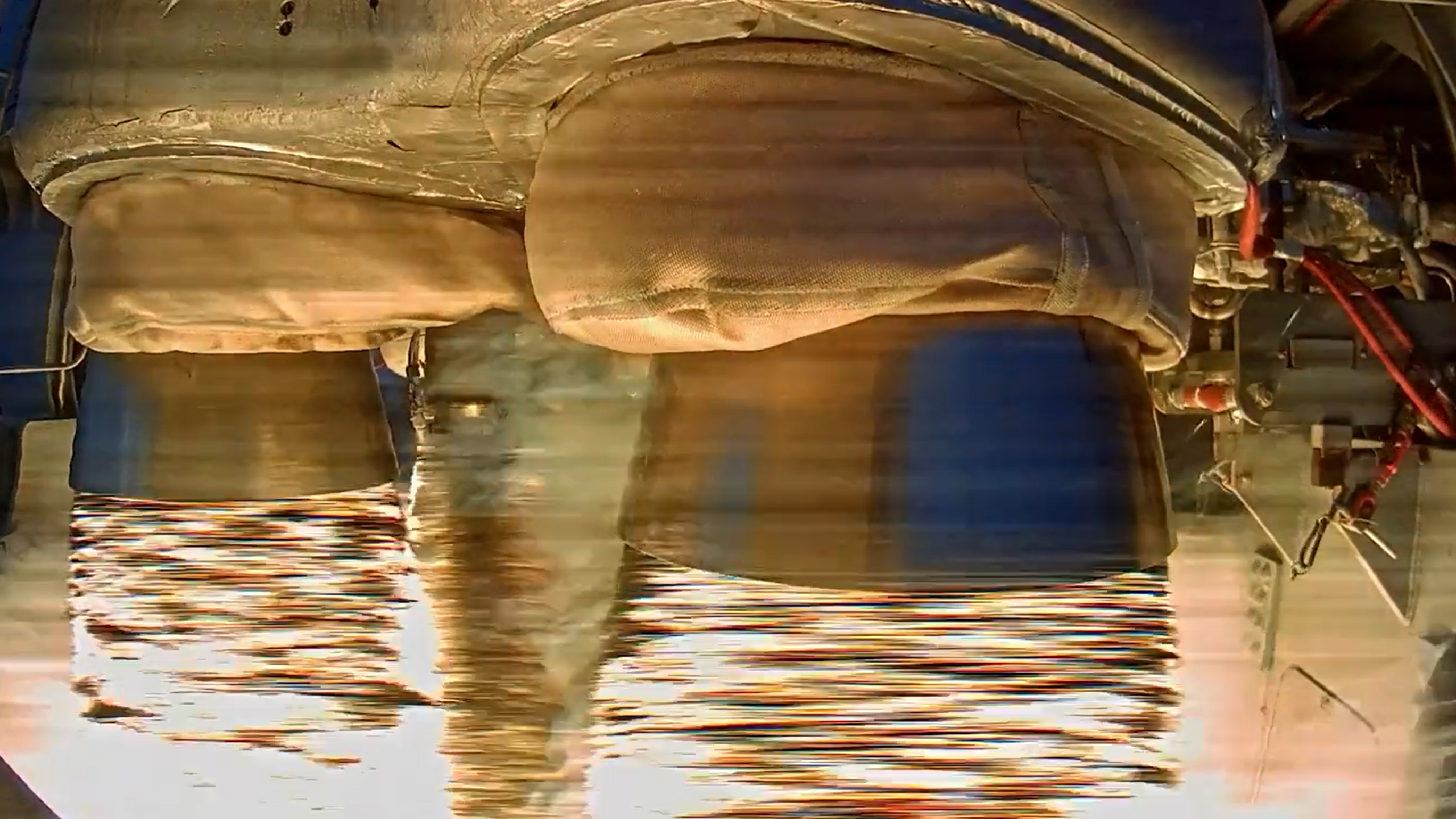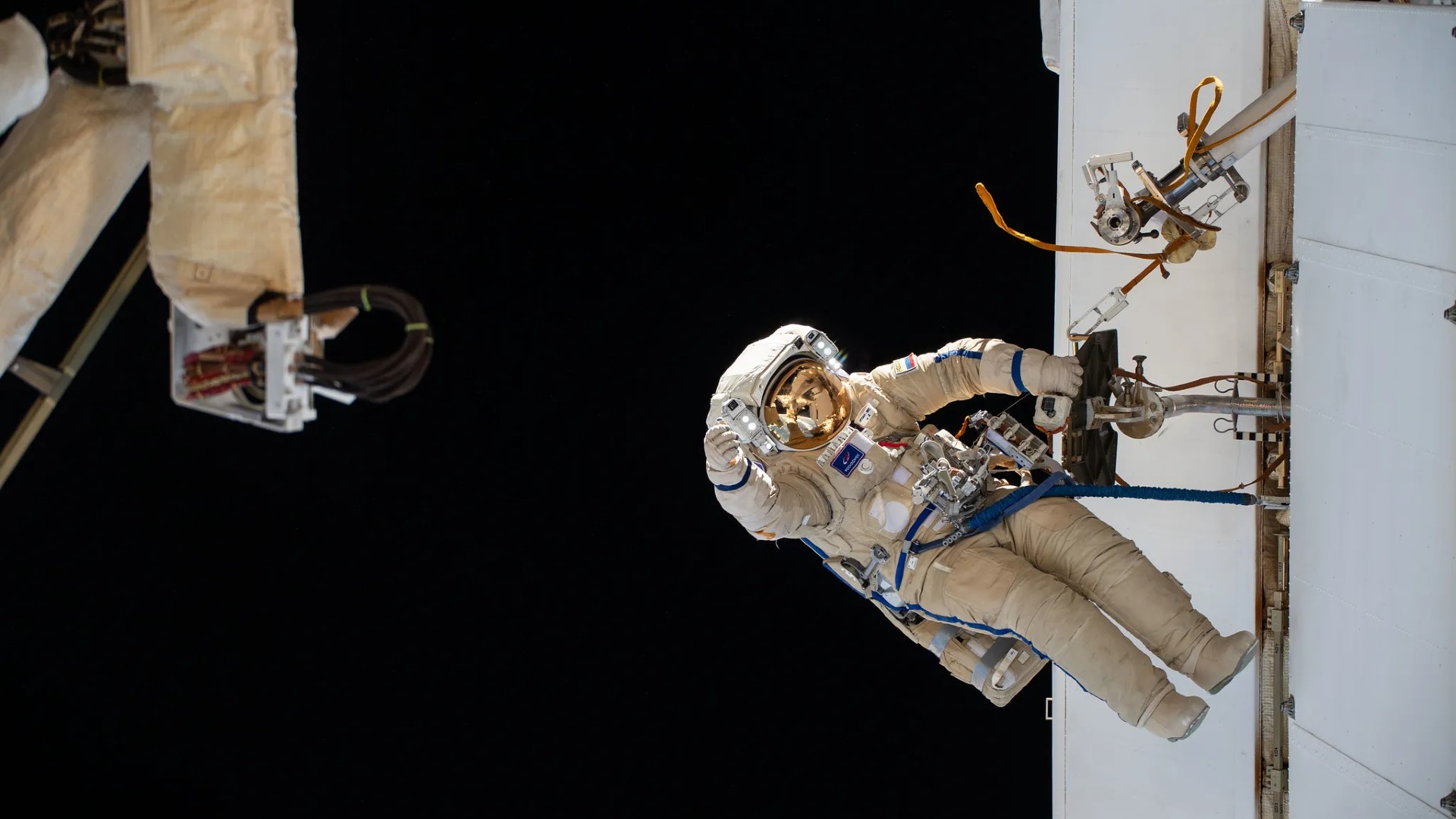Firefly Aerospace targets Sept. 11 for second Alpha rocket launch
The company finished an engine static fire test as it recovers from a 2021 booster failure.

Breaking space news, the latest updates on rocket launches, skywatching events and more!
You are now subscribed
Your newsletter sign-up was successful
Want to add more newsletters?

Delivered daily
Daily Newsletter
Breaking space news, the latest updates on rocket launches, skywatching events and more!

Once a month
Watch This Space
Sign up to our monthly entertainment newsletter to keep up with all our coverage of the latest sci-fi and space movies, tv shows, games and books.

Once a week
Night Sky This Week
Discover this week's must-see night sky events, moon phases, and stunning astrophotos. Sign up for our skywatching newsletter and explore the universe with us!

Twice a month
Strange New Words
Space.com's Sci-Fi Reader's Club. Read a sci-fi short story every month and join a virtual community of fellow science fiction fans!
Firefly's Alpha rocket is ready to launch again after a major anomaly during its debut flight in 2021.
Firefly Aerospace finished a static fire test of its small satellite launcher Wednesday (Aug. 17) and set a launch date for the Alpha rocket's second attempt to reach orbit for Sept. 11.
"Alpha Flight 2 is ready and headed #ToTheBlack. Stay tuned for more updates," the company wrote in a tweet, along with footage of the rocket's engines successfully firing.
Firefly's Alpha rocket first launched nearly a year ago, on Sept. 2, 2021, blasting off from Vandenberg Space Force Base. Following a premature engine shutdown, the rocket exploded in a fireball 2.5 minutes after launch.
The company later said later said the shutdown of one of the rocket's four main engines was caused by an electrical issue during the launch. Range controllers then detonated the rocket for safety reasons, as the booster was moving out of control.
Related: Firefly rocket engine looks luminous during test (Photo)
Alpha is an expendable rocket designed to send 2,200 pounds (1,000 kg) of payload into low Earth orbit, according to Firefly's specifications page. It is aiming squarely at the small satellite launch market against several competitors.
Breaking space news, the latest updates on rocket launches, skywatching events and more!
Also working in this arena are Rocket Lab, which has been sending small payloads to space with its Electron booster since 2018; Virgin Orbit, which now has four missions completed successfully; and Astra, which recently shut down production of its Rocket 3.0 rocket line following several failures and plans to focus on the development of a bigger booster.
Alternatively, small satellites can hitchhike on larger rockets like SpaceX's Falcon 9, but small companies like Firefly say that a rocket dedicated to launching small satellites provides better launch timing and orbital insertion flexibility.
🚀Launch Update: After completing wet dress last week, we conducted a successful static fire today. Our launch is now scheduled for September 11th. Alpha Flight 2 is ready and headed #ToTheBlack. Stay tuned for more updates. pic.twitter.com/T2kxzITgkWAugust 18, 2022
While working on Alpha development, Firefly has been busy with other projects.
Earlier in August, Firefly and Northrop Grumman announced they will create a new first stage for Northrop Grumman's Antares rocket and co-develop a new medium-lift booster for the future. (The move is to eliminate Northrop Grumman's dependency on Russian engines for Antares, amid Russia's invasion of Ukraine.)
Firefly is also developing a medium-lift rocket named Beta, a Space Utility Vehicle for use in orbit, and a moon lander called the Blue Ghost.
Follow Elizabeth Howell on Twitter @howellspace. Follow us on Twitter @Spacedotcom or on Facebook.

Elizabeth Howell (she/her), Ph.D., was a staff writer in the spaceflight channel between 2022 and 2024 specializing in Canadian space news. She was contributing writer for Space.com for 10 years from 2012 to 2024. Elizabeth's reporting includes multiple exclusives with the White House, leading world coverage about a lost-and-found space tomato on the International Space Station, witnessing five human spaceflight launches on two continents, flying parabolic, working inside a spacesuit, and participating in a simulated Mars mission. Her latest book, "Why Am I Taller?" (ECW Press, 2022) is co-written with astronaut Dave Williams.
